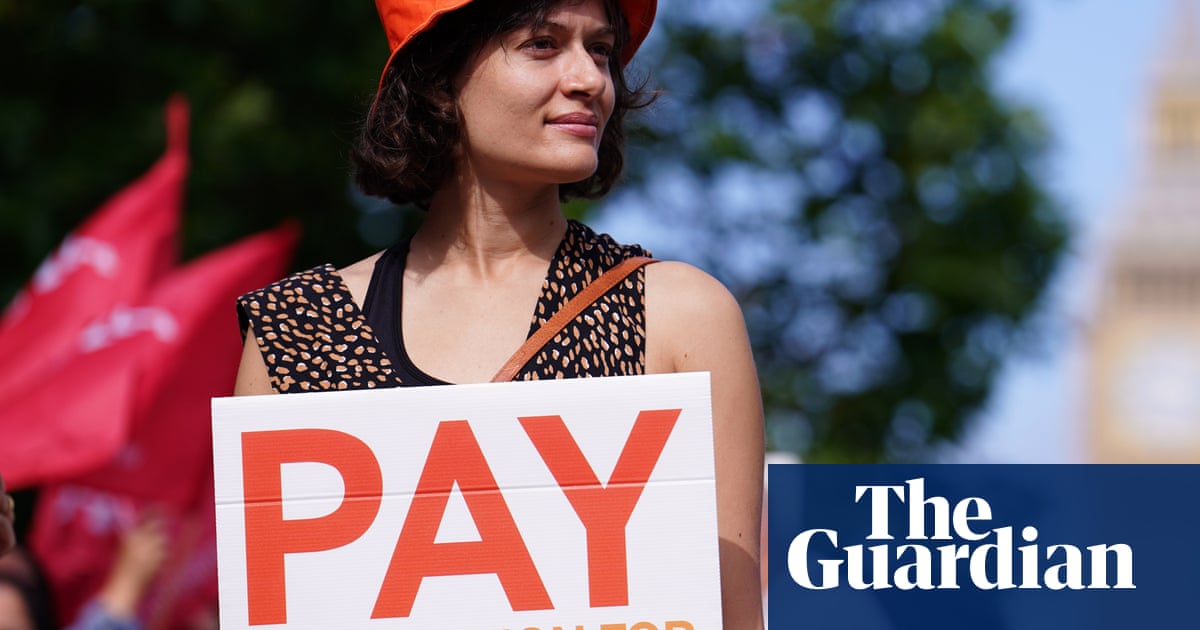The health secretary,Wes Streeting, has urged doctors to vote against industrial action as the British Medical Association (BMA) ballots resident doctors, formerly known as junior doctors, for strike action that could last for six months.
Writing in the Times on Thursday, Streeting said: “We can’t afford to return to a continuous cycle of standoffs, strikes, and cancellations … Strikes should always be a last resort, and I don’t think they are in anyone’s interest today.
“I’m appealing to resident doctors to vote no in the ballot, and instead continue the progress we’ve made, working together to rebuild ourNHS.”
Resident doctors say their pay has declined by 23% in real terms since 2008. If they choose to go on strike, walkouts could begin in July and potentially last until January 2026.
The government accepted salary recommendations from pay review bodies earlier this month, resulting in an average 5.4% rise for resident doctors.
The Patients Association said it was “deeply concerned” about the prospect of strike action over the busy winter period in the NHS. Previous strike action from doctors in training led to 1.3m appointments, procedures and operations being postponed, it said, with the true figure “likely to be much higher”.
BMA resident doctors committee co-chairs Melissa Ryan and Ross Nieuwoudt said in a statement: “Patients are all too aware how much the NHS relies on its resident doctors.
“With the announcement of yesterday’s ballot, many will understandably be concerned about how future strike action might affect them getting care but it’s important to stress that strike action is not inevitable and can be avoided.
“The government has the power to honour its previous commitment to map out and restore doctors’ pay, avoiding strikes entirely. We’re confident that patients will recognise that the value of doctors has not diminished since 2008, but that working conditions and pay have.
“Wes Streeting must now step forward with a solution that allows us to stay with our patients, off the picket lines, and remain in this country rather than being driven to seek work abroad where doctors’ unique skills and expertise are more appropriately valued. As the population ages and care becomes more complex, we need to make sure we retain doctors in the UK.”
Streeting stressed that “we can’t lose momentum”, adding: “There’s so much more to do. But my message to anyone working in the health service is this: Stick with us.
“The NHS was broken, but it’s not beaten. If we keep pulling together, we can turn it around.”
With PA Media
